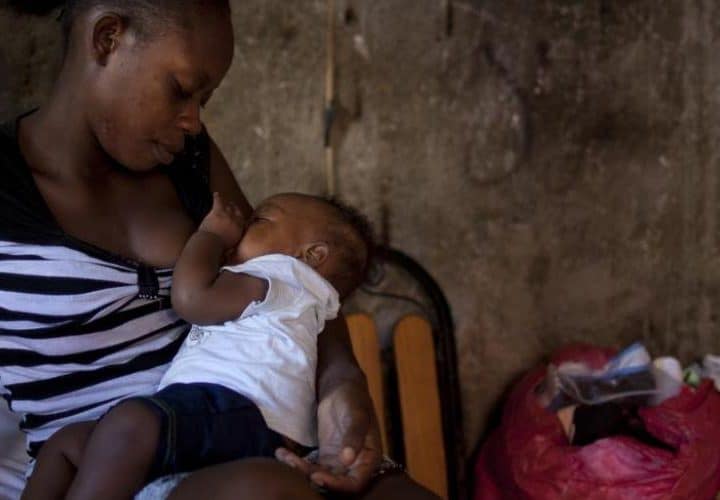In this regard, the World Health Organization (WHO) and the United Nations Children’s Fund (UNICEF) assure many nations have made significant progress to increase exclusive breastfeeding rates. Yet even greater progress is possible when breastfeeding is protected and supported, particularly in the workplace.
Supportive workplaces are key. Evidence shows that while breastfeeding rates drop significantly for women when they return to work, that negative impact can be reversed when workplaces facilitate mothers to continue to breastfeed their babies.
Family-friendly workplace policies – such as paid maternity leave, breastfeeding breaks, and a room where mothers can breastfeed or express milk – create an environment that benefits not only working women and their families but also employers.
These polices generate economic returns by reducing maternity-related absenteeism, increasing the retention of female workers, and reducing the costs of hiring and training new staff.
From the earliest moments of a child’s life, breastfeeding is the ultimate child survival and development intervention.
Breastfeeding protects babies from common infectious diseases and boosts children’s immune systems, providing the key nutrients children need to grow and develop to their full potential. Babies who are not breastfed are 14 times more likely to die before they reach their first birthday than babies who are exclusively breastfed.
pll/ro/joe










